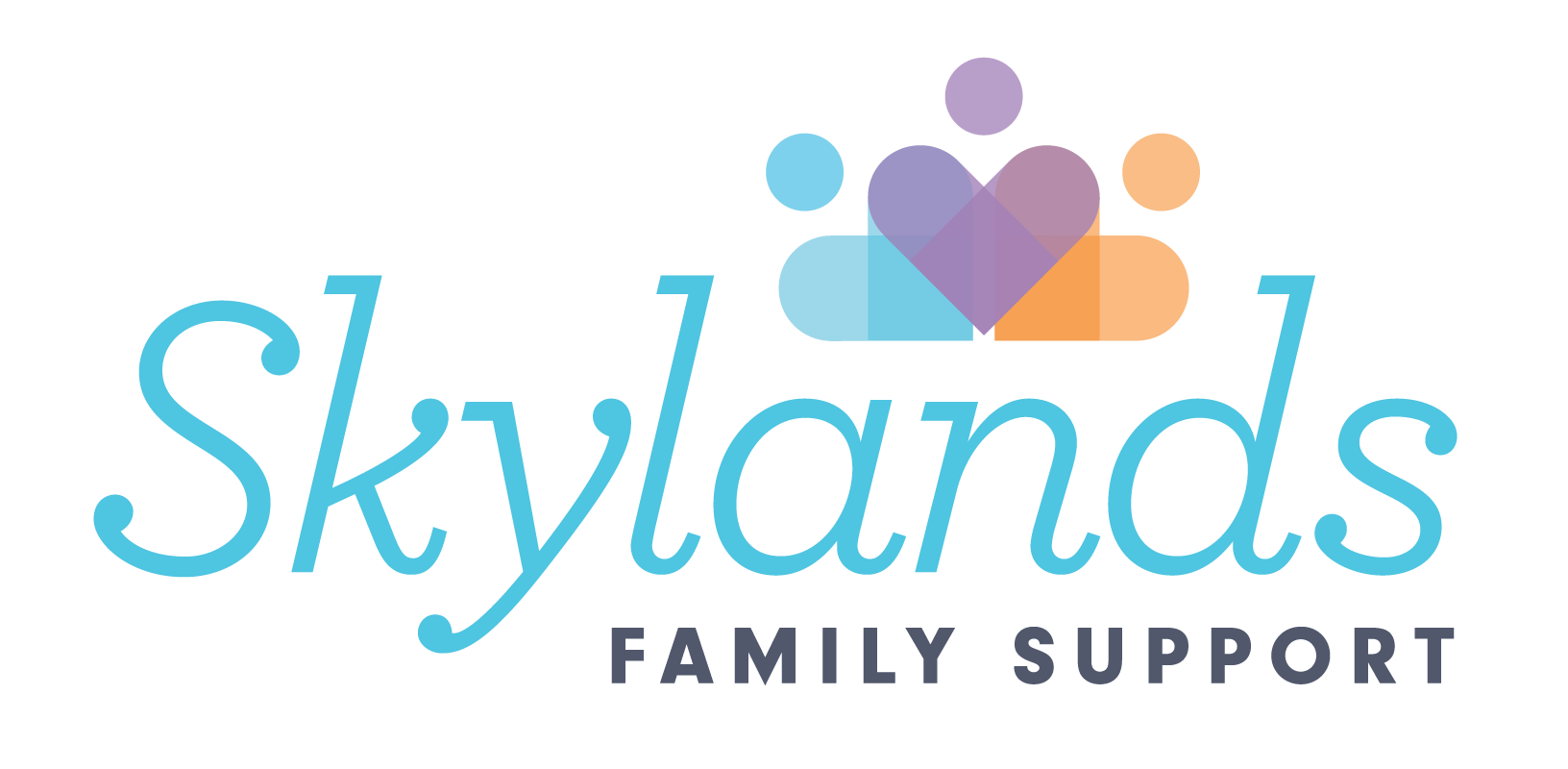Nothing is more important than a smooth progression from one phase of life to the next.
Having a seamless transition between a school and a support coordination agency sets your student’s family and their loved one up for success after graduation. Knowing your student is in good hands is important — after all, you’ve spent years helping them advance and fulfill their potential.
We start working with your school right away, even before students graduate. As soon as your student’s family has committed, we begin planning. Skylands’ support coordinators are available to attend individualized education program (IEP) meetings and other transition teams to fully understand the needs of your student and create a comfortable team experience.
How We Work With Schools
- Attend IEP meetings
- Meet with other transition teams
- Help families navigate other support services
- Move the transition along quickly and efficiently
You’ve done a great job for your students. Now, let’s work together in the best interest of your students and their families to create a future that is bright and successful.
Schools FAQs
Support coordination agencies play a crucial role in the transition process for students with disabilities. They participate in developing transition plans and coordinating services and supports, ensuring a smooth transition from school to post-school life.
Your student, their family and entire support team will begin transition planning during Individualized Education Plan (IEP) meetings, which will cover:
- Identifying the student’s strengths, interests and preferences
- Defining strategies and activities needed to assist the student in developing or attaining postsecondary goals (if applicable)
- Determining a course of study for the student that goes beyond the duration of the IEP (if applicable)
- Referring to the NJ Division of Vocational Rehabilitation Services (DVRS) to further prepare
- Deciding what consultation is needed from other resources to ensure the student gets the most effective support
- Outlining the student’s goals related to training, education, employment and independent living
- Choosing what transition services are needed so the student can reach these goals
Yes, a support coordinator should meet with the suitable resource teams and inform students and their families about relevant services. Some of these resources include:
- Community-based supports
- Self-direction services
- The Division of Vocational Rehabilitation Services (DVRS) in the NJ Department of Labor & Workforce Development
In order to get started with support services, individuals will need Medicaid. The state of New Jersey requires those who are 21 and older to complete an Individualized Service Plan (ISP) – a comprehensive and customized document that coordinates and provides prior authorization for all NJ Department of Developmental Disabilities (NJ DDD) services and service providers. NJ also requires the Person-Centered Planning Tool (PCPT), which is an informative discovery document that will help shape your student’s ISP and budget.
Yes, your student’s support coordinator should be there to help them complete the PCPT and ISP. But remember that this is a collaborative effort, and your student, their family members, school supporters, and support coordinator should all be involved so accurate information is recorded. Once these documents are completed and the individual is determined eligible, the individual and family can connect with a support coordination agency. You can apply for DDD services and find out more about the process here.
The NJ DDD services and supports include but are not limited to:
- Assistive technology
- Behavioral supports
- Career planning
- Day habilitation
- Occupational therapy
- Interpreter services
- Transportation
You can find the full list of services and supports here. This important work will help students, their families and school supporters like you navigate this transition successfully.
Speak positively about this upcoming milestone and pinpoint what specifically is making them feel nervous. You can then present some success stories from other students to show that this transition is going to be an exciting experience. If you know students who have recently graduated and are leading happy lives, feel free to invite them back to the classroom to talk about themselves. Or, you can present some stories from this booklet.
The NJ DDD has many self-advocacy resources that can help adults lead happy, successful lives after graduation. You can use these resources when speaking with students and their families about this important milestone:




